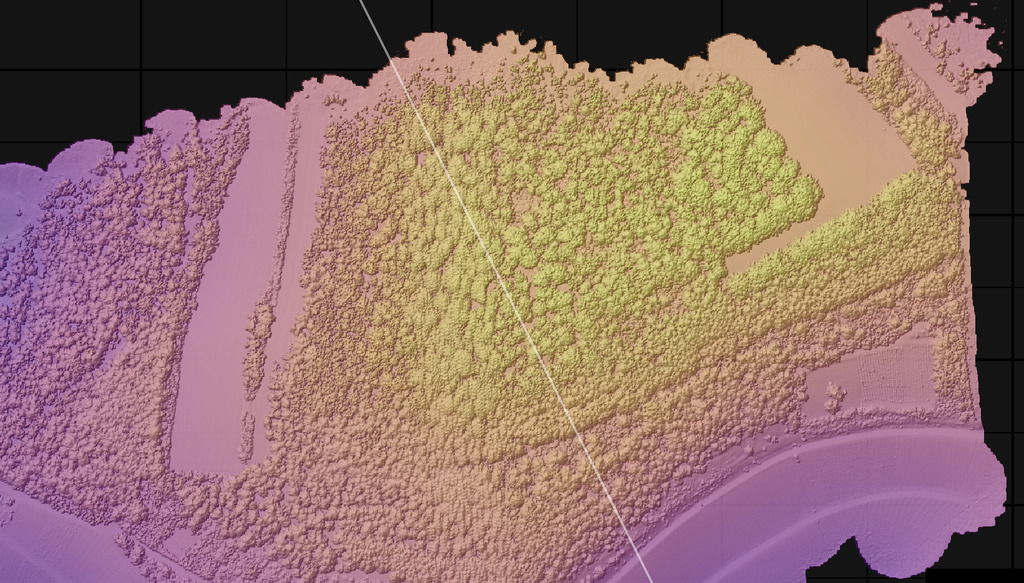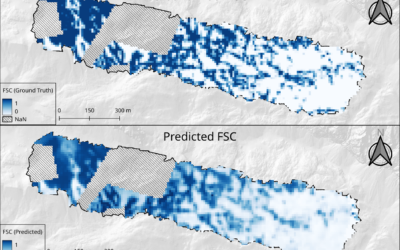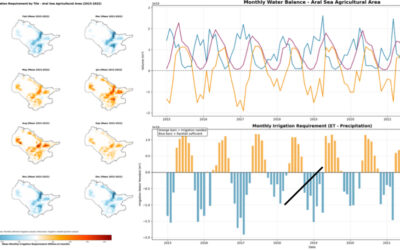Abstract: Floods in West Africa represent a challenging risk scenario that requires comprehensive action from stakeholders and the local community. To this end, precise and up-to-date data, alongside periodic hazard, susceptibility, and risk mapping, are crucial to understand flood disasters for decision-making. Hence, this master thesis aims to obtain flood susceptibility maps in West Africa, specifically Nigeria, through open data, remote sensing, GIS, machine learning, and statistical approaches. First, four Digital Elevation Models from different sources and four hydrological methods (D8, D-inf, Fd8, and Rho8) were combined and compared, and used to get the most applied topographic and hydrographic flood-influencing factors. At the same time, other factors derived from land cover, groundwater, soil, lakes, and coastline datasets were included. Secondly, preprocessing and feature selection were applied to the flood-influencing factors. Then, three different models were implemented to compare their performance. The selected models were Random Forest, Binary Logistic Regression, and Linear Discriminant Analysis; in this way, R and WhiteboxTools were used for the data preparation and modeling. Therefore, the produced flood susceptibility maps with the highest accuracy were evaluated with reference data (flood events between September and October 2022) provided by the DLR and Global Flood Monitoring. Lastly, the exposed population in 2020 was quantified along with the projected population in 2025 and 2030 displaying the most affected states in Nigeria.
1st Supervisor: Dr. Marta Sapena-Moll (DLR) 2nd Supervisor: Prof. Dr. Hannes Taubenböck, Universität Würzburg









